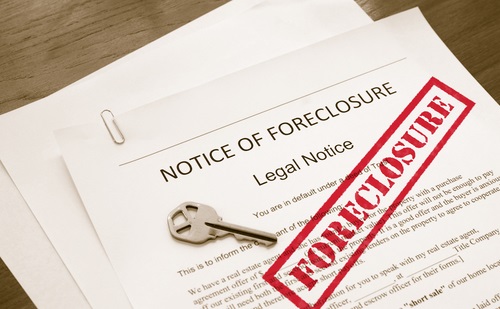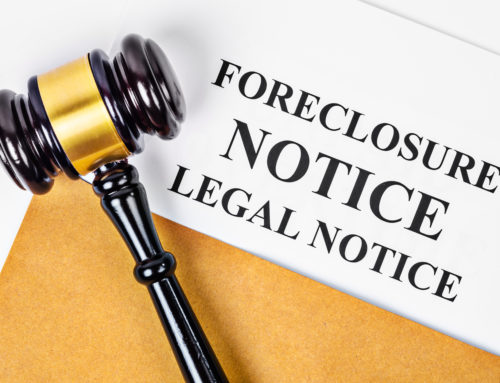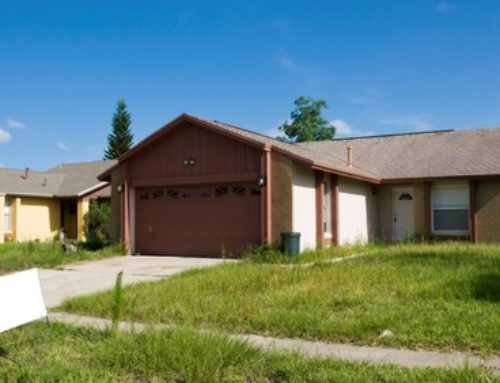My previous article regarding New York’s Statute of Limitations (CPLR 213) described how New York provides an affirmative defense to actions based upon contractual obligations that accrued more than six (6) years ago.
In Wells Fargo Bank, N.A. vs. Burke 94 AD3d 980 Appellate Division, 2nd Department, my law firm, Peter T. Roach and Associates, P.C., successfully argued that the Statute of Limitations had expired not for the entire debt, but only for the individual payments that had accrued more than six (6) years prior to the commencement of the action. In that case, the court held that “The general rule is with respect to a mortgage payable in installments, separate causes of action accrue for each installment that is not paid. The statute of limitations begins to run from the date each installment becomes due.” In other words, each individual mortgage payment has its own six (6)-year period.
Accordingly, a foreclosure commenced more than six (6) years after a default occurs, may not seek to recover payments due more than six (6) years ago, however, it may seek to recover all payments that accrued within the past six (6) years.
However, once the mortgage is accelerated, all the payments that were scheduled to be due in the future become due immediately, and, therefore, the Statute of Limitations runs on the entire debt, from the time of the acceleration.
In the Wells Fargo vs. Burke case, a foreclosure action had been commenced — prior to the date, the mortgage being foreclosed was actually transferred to Wells Fargo. When the defendant raised Lack of Standing as a defense, the foreclosure was voluntarily discontinued and commenced anew. Burke’s successor in interest thereupon filed a motion to dismiss the case, arguing that since the loan had been accelerated by Wells Fargo prior to the commencement of the first foreclosure, more than six (6) years ago, the action was barred by the Statute of Limitations.
The lower court denied the motion to dismiss, and the Appellate Division, 2nd Department affirmed its decision, reasoning that if the plaintiff in the previous action did not own the mortgage and lacked standing to foreclose, it did not own the mortgage and lacked standing to accelerate! Therefore, the acceleration was invalid and only those payments that accrued more than six (6) years prior to the commencement of the second action were time barred.
Thus, when foreclosing a mortgage in New York whose date of default occurred more than six (6) years ago, it is crucial to determine whether it had been validly accelerated more than six (6) years ago, in which case the entire action is time barred, or whether no valid acceleration occurred and the recovery is merely limited to the unpaid installments that accrued within the 6-year period preceding the commencement of the foreclosure action.
Questions or comments? Please contact me at peter.roach@roachlawfirm.com
Peter Roach
Peter T. Roach & Associates, P.C.





